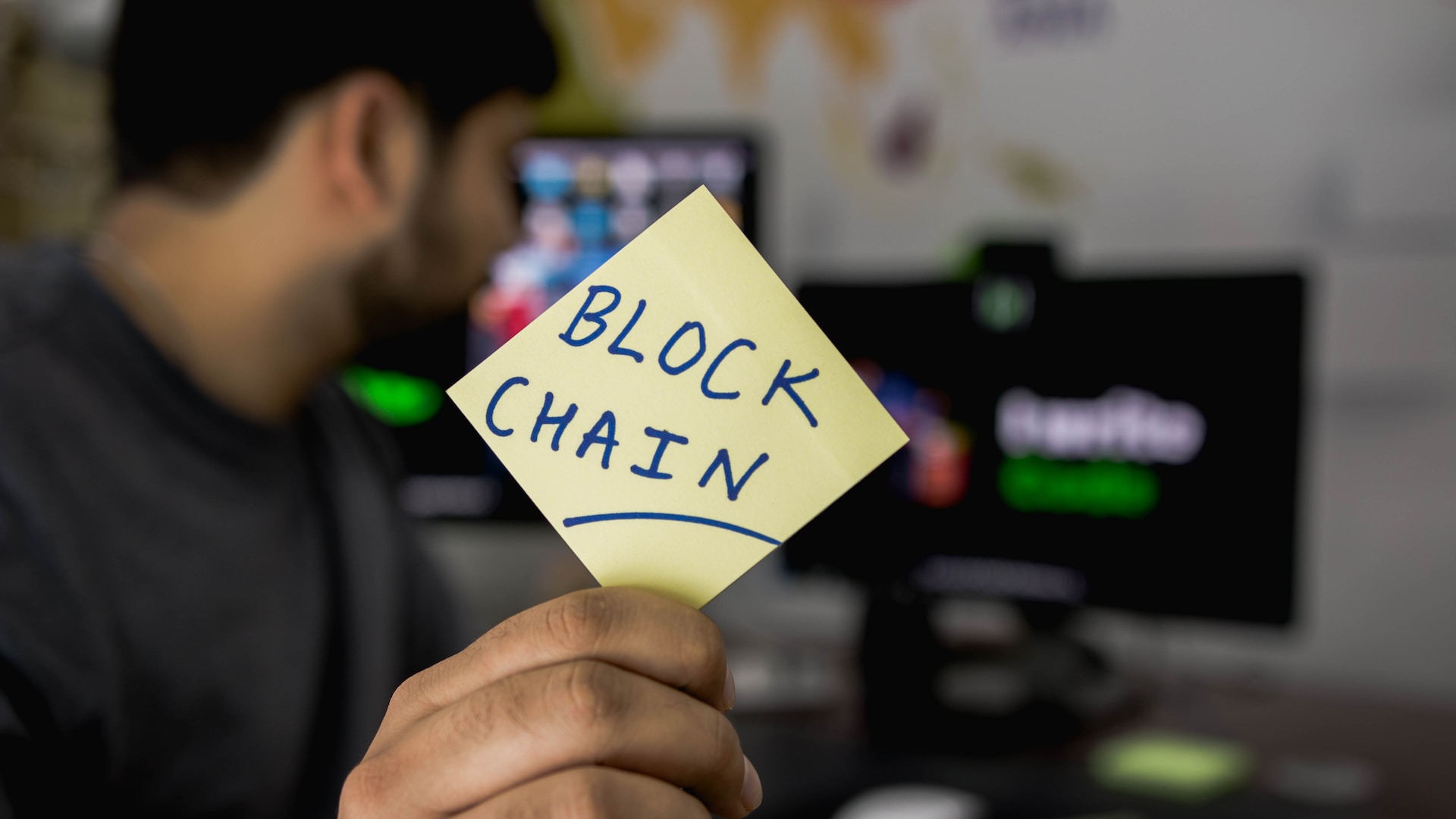The Future of Crypto for Good: How Blockchain Will Be Used to Make the World a Better Place?
In recent years, the world has witnessed a remarkable rise in the popularity of cryptocurrencies and blockchain technology at its core. While some skeptics have questioned the sustainability and social impact of these digital assets, there is a growing belief that crypto and blockchain can play a significant role in making the world a better place. Through innovative applications and decentralized solutions, the future of online platforms for good looks promising. This article explores the potential benefits and positive transformations that blockchain can bring about in various sectors, making strides towards a more equitable and sustainable world. Head over to https://granimator.io/ and experience all the unique features the platform offers.
Blockchain for Good: A Few Examples
Transparency and accountability: Blockchain can be used to create more transparent and accountable systems. For example, it could be used to track the movement of goods in a supply chain, ensuring that they are not being counterfeited or diverted. It could also be used to record government spending, making it easier to track where taxpayer money is going.
Financial inclusion: Blockchain could help to improve financial inclusion by making it easier for people to access financial services. For example, it could be used to create digital wallets that allow people to store and transfer money without the need for a bank account. This could be especially beneficial in developing countries where traditional financial services are often unavailable.
Sustainability: Blockchain could be used to improve sustainability by tracking the use of resources and reducing fraud. For example, it could be used to track the carbon emissions of a product, ensuring that it is produced in a sustainable way. It could also be used to track the ownership of land, preventing deforestation and other forms of environmental damage.
Challenges to Overcome
While blockchain has the potential to make the world a better place, there are some challenges that need to be overcome before it can reach its full potential. These challenges include:
Regulation: Blockchain is a relatively new technology, and there is still a lack of regulation in many countries. This could make it difficult for businesses to adopt blockchain solutions, as they may not be sure of the legal implications.
Security: Blockchain is a secure technology, but it is not immune to attack. Hackers could potentially exploit vulnerabilities in the code or the network to steal data or funds.
Scalability: Blockchain can be slow and inefficient, especially when it is used to process a large number of transactions. This could make it difficult to use blockchain for some applications, such as real-time payments.
How You Can Help
There are a number of things you can do to help promote the use of blockchain for good. You can:
Learn more about blockchain technology: The more you know about blockchain, the better equipped you will be to help spread the word about its potential benefits.
Support businesses that are using blockchain for good: There are a number of businesses that are using blockchain to make the world a better place. By supporting these businesses, you can help to encourage others to adopt blockchain solutions.
Get involved in the blockchain community: There are a number of online and offline communities where you can learn more about blockchain and connect with other people who are interested in using it for good.
The future of blockchain for good is bright. By working together, we can use this technology to make the world a more just, equitable, and sustainable place.
Empowering Global Aid and Disaster Relief Efforts
In times of crisis, rapid and efficient aid distribution is critical. However, traditional centralized systems often struggle to respond swiftly to emergencies. Blockchain can enable the creation of transparent and efficient aid distribution networks that can track the flow of resources from donors to beneficiaries in real-time. Decentralized ledger systems can also facilitate the distribution of digital identities and resources to refugees and displaced populations, ensuring they receive the necessary support and opportunities to rebuild their lives.
Conclusion
As the world navigates complex challenges, the future of crypto for good shines bright with potential. Blockchain technology’s unique attributes, such as transparency, decentralization, and security, can be harnessed to foster positive change in various sectors, making the world a better place for all. From empowering financial inclusion and revolutionizing supply chains to redefining charitable giving and enhancing voting systems, crypto, and blockchain hold the promise of a more equitable and sustainable future. By embracing these technologies responsibly and supporting initiatives, society can harness their potential for good and collectively work towards a brighter and more inclusive world.

















